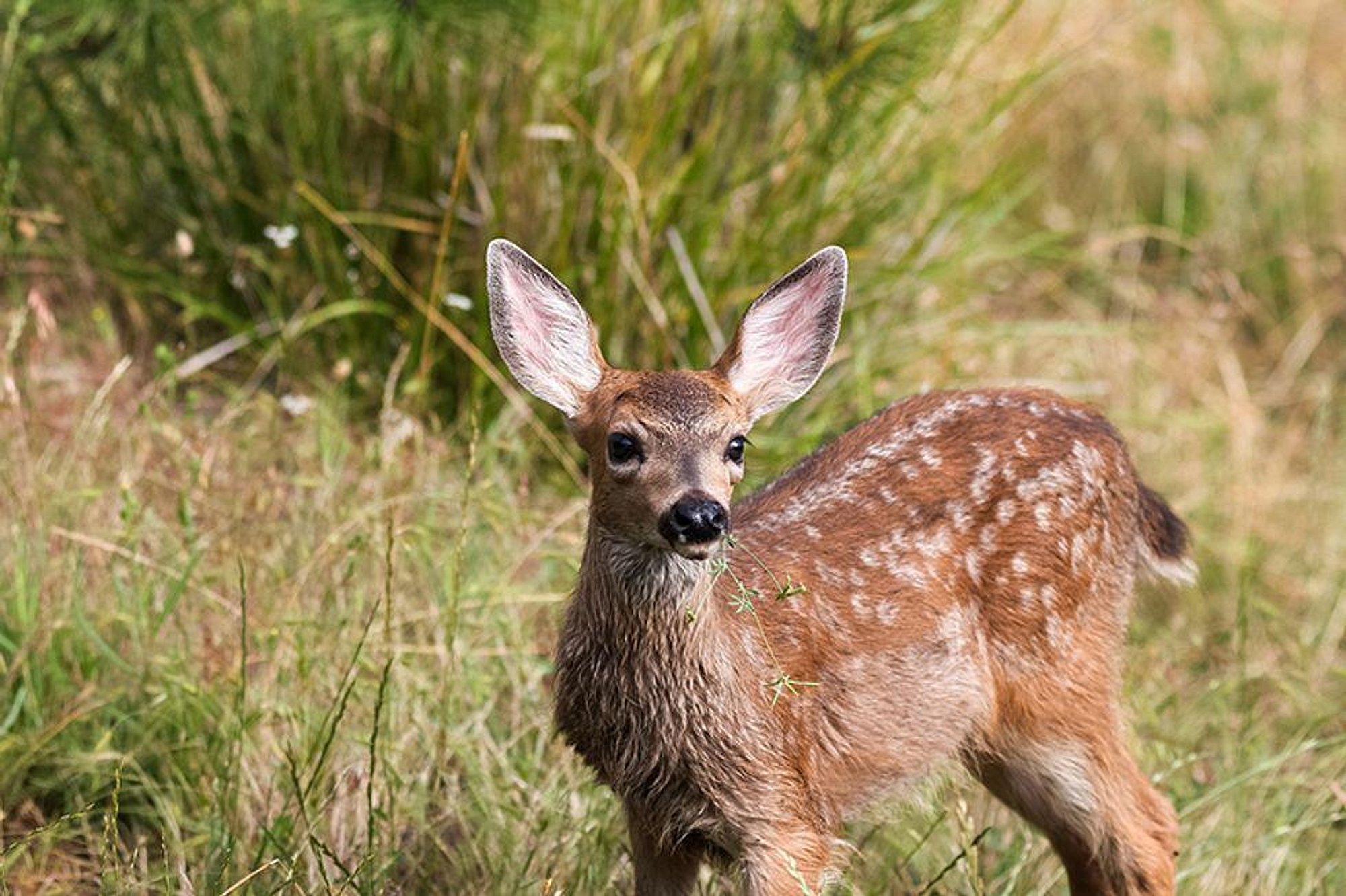COVID-19 Widespread Among Iowa Deer

THURSDAY, Nov. 4, 2021 (HealthDay News) -- The discovery that up to 80 percent of white-tailed deer in Iowa may be infected with COVID-19 has scientists worried that the animals could become a reservoir for variants that could come back to haunt humans.
In the new study, which has not yet been published in a peer-reviewed journal, lymph node samples were collected from hundreds of dead deer across the state from April 2020 through January 2021. The researchers believe it is likely that the virus is rapidly spreading among the deer, The New York Times reported. There is no evidence of deer-to-human infection, but the Penn State University authors and Iowa wildlife officials are warning deer hunters and others who have contact with deer to take precautions.
If the virus were to become widespread in deer and other wild animals, there is a chance it could eventually morph into a new variant that could be passed back to people and is resistant to existing vaccines, experts warned.
"If deer can transmit the virus to humans, it's a game-changer," Tony Goldberg, a University of Wisconsin-Madison veterinarian who studies the evolution of infectious diseases as they move between animals and people, told The Times. "To have a wildlife species become a reservoir after transmission from humans is very rare and unlucky, as if we needed more bad luck." Goldberg was not involved in the study.
Earlier studies have found a number of other animals are susceptible to infection with severe acute respiratory syndrome coronavirus 2. They include ferrets and primates that have been intentionally infected in lab experiments, zoo animals that caught the virus from their handlers, and captive mink that were sickened after being exposed to the pathogen by farm workers. In the case of mink, Denmark slaughtered its entire population of 17 million farmed mink after scientists discovered they could pass the virus back to people. The virus had also picked up mutations after infecting the mink, but officials said none were troubling.
Related Posts
Un panel de la FDA reevaluará el mérito de un descongestionante que muchos califican de inútil
LUNES, 6 de marzo de 2023 (HealthDay News) -- Hace años que los consumidores...
Many Cancer Patients Face Mounting Bills Despite Having Insurance
TUESDAY, Jan. 4, 2022 (HealthDay News) -- Many insured cancer patients still...
La tasa de vacunación contra el VPH de los niños de EE. UU. se ha estancado
JUEVES, 24 de agosto de 2023 (HealthDay News) -- Por primera vez en una década,...
Experts Define Cesarean Scar Disorder
WEDNESDAY, April 5, 2023 (HealthDay News) -- Experts have a standardized...
